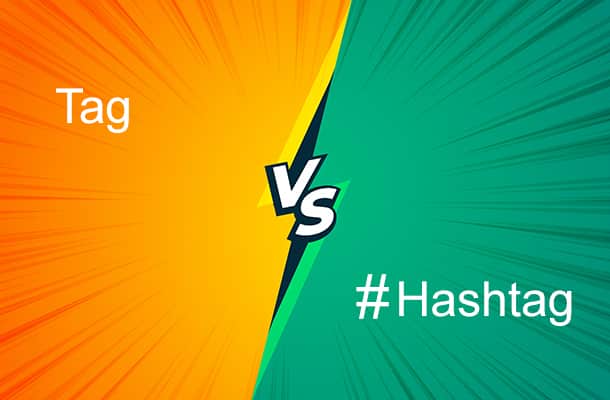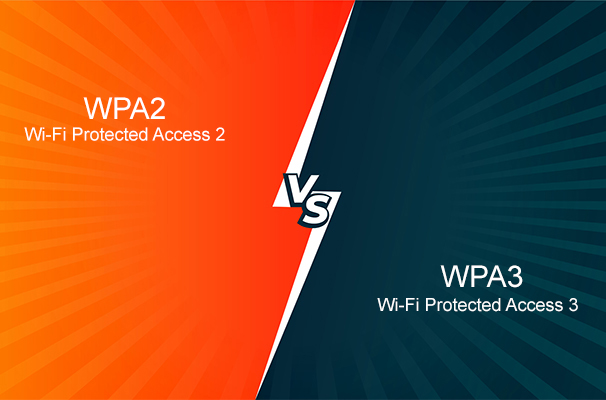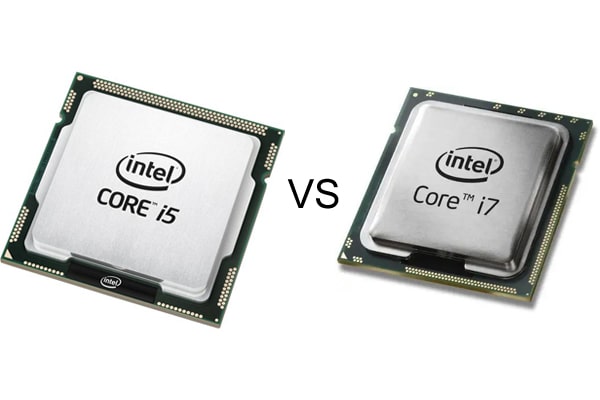Internet banking is accessed via a computer, while mobile banking is accessed via a mobile device. Internet banking offers more features, is more secure, and is typically free. Mobile banking is more convenient, but is less secure and may incur fees.
The best platform for you depends on your needs. If you need a wide range of features and security, choose internet banking. If you want convenience and are willing to sacrifice some features, choose mobile banking. In this article, we’re giving you the lowdown on the key differences between Internet banking and mobile banking. Read on!
Key Difference Between Mobile Banking and Internet Banking
- Platform: Internet banking rides on the power of the web, primarily accessible via a bank’s website through personal computers or laptops. Mobile banking, however, is tailored for our hand-held buddies, be it smartphones or tablets, making banking literally a palm affair.
- Devices: While mobile banking thrives on mobile telecommunication devices, internet banking leans towards larger screens such as PCs and laptops.
- Access Point: Clicking on a bank’s website URL is the portal for internet banking, while mobile banking might involve SMS, a mobile app, or a mobile-optimized website.
- Fund Transfers: Mobile banking often uses the quick services of IMPS, NEFT, or RTGS. In comparison, internet banking primarily utilizes NEFT and RTGS, focusing on transfers between banks or branches.
- Service Range: Think of mobile banking as a compact, essential toolkit, offering a curated list of vital services. Internet banking, on the other hand, is like a comprehensive tool chest, boasting a wider array of banking services for a holistic experience.
Quick Comparison
| Mobile Banking | Internet Banking |
| Tailored for hand-held devices: smartphones & tablets. | Primarily accessed via PCs and laptops. |
| Primarily app, SMS, or mobile web driven. | Accessed via bank’s official website. |
| Uses IMPS, NEFT, or RTGS for fund transfers. | Primarily employs NEFT and RTGS for transfers. |
| Compact with essential banking features. | Comprehensive with a broader array of services. |
| Banking on-the-go, anytime, anywhere. | Requires stable internet and a larger screen. |
| Optimized for quick, on-the-spot transactions. | Delivers a more detailed financial overview. |
| Instant alerts & notifications for account activity. | Extensive account management and reporting tools. |
Mobile Banking
Mobile banking is a convenient way to manage your finances. You can do almost anything you would do at a physical bank, such as checking your balance, transferring money, and paying bills, all from your phone. Mobile banking is also secure, with features like two-factor authentication to protect your account from unauthorized access. Additionally, many banks offer alerts for unauthorized activity, so you can be notified immediately if there is any suspicious activity on your account.
Internet Banking
Internet banking is a secure and convenient way to manage your finances online. It allows you to perform transactions, such as bill payments and fund transfers, from anywhere at any time. You can also view your account balances, recent transactions, and other account information. Internet banking is a great way to save time and money. You can avoid the hassle of going to the bank, and you can often get better rates on loans and other financial products. Internet banking is also a secure way to manage your finances.
Similarities Between Mobile and Internet Banking
- User Accessibility: Both platforms empower users with the ability to access banking services remotely, breaking down geographical constraints.
- Transactional Abilities: Whether through mobile or internet banking, users can execute a myriad of transactions, such as funds transfer and bill payments.
- Security Protocols: Each platform is fortified with robust security features, such as encryption and multi-factor authentication, to protect user data and transactions.
- Account Management: Mobile and Internet banking provide comprehensive account management options, including monitoring balances and reviewing transaction history.
- 24/7 Availability: Both services offer around-the-clock access, allowing users to manage their finances at their convenience.
Frequently Asked Questions: Mobile vs. Internet Banking
What security measures are typically in place for mobile and internet banking?
Both mobile and internet banking prioritize user security. While they both use encryption and multi-factor authentication, mobile banking might also incorporate biometric features (like fingerprint or facial recognition) owing to device capabilities.
Can I set up alerts and notifications for both mobile and internet banking?
Yes, both platforms allow users to set up alerts and notifications. However, mobile banking generally offers more immediate and personalized push notifications due to its on-the-go nature.
Which platform is better for someone new to e-banking?
Both are designed to be user-friendly. However, mobile banking apps are often designed to be more intuitive, given the smaller screen space and the need for simpler navigation.
Can I access my mobile banking app through a computer?
Typically, mobile banking apps are designed specifically for mobile devices. However, many banks offer a similar user interface and experience on their official website for internet banking, ensuring consistency.
Is there a fee associated with using mobile or internet banking?
Most banks offer both services free of charge, but it’s always a good idea to check with your bank for any hidden fees, especially for certain transactions or premium features.





